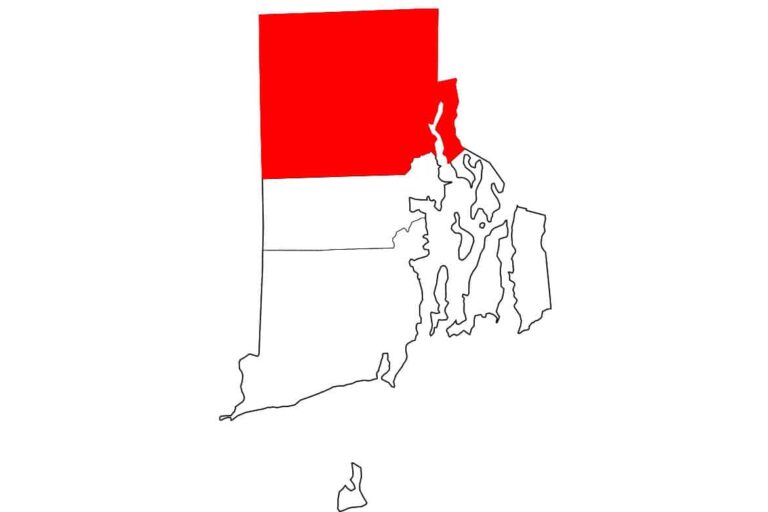As of May 5, three more cases have been found in Oregon of horses infected with equine herpesvirus type-1, or EHV-1, and one animal has the most serious “neurotropic” form of the virus that is far more likely to cause serious, sometimes permanent neurological damage.
An initial case of EHV-1 reported last week, and also being treated in isolation at OSU, only had the more common wild strain of the virus. That horse did show neurologic symptoms, although animals with that strain of EHV-1 more often have a disease that causes respiratory infection or abortion in pregnant mares.
Two more cases have been identified of horses with the wild strain, that are not showing signs of neurologic disease, and they are being treated at their home stables in Polk County. Both forms of EHV-1 are highly contagious to horses, but not transmissible to people.
However, a fourth case has been confirmed with the neurotropic form of EHV-1, veterinary experts say, which increases the seriousness of the current outbreak, and makes it increasingly important that horse owners in Oregon practice strong biosecurity management of their animals.
“About 80% of the horses who develop neurologic problems from EHV-1 have the neurotropic form of the virus,” said John Schlipf, a large animal internal medicine specialist with the OSU College of Veterinary Medicine. “It’s a significantly more serious concern. The disease can be fatal, or it can cause lasting neurologic damage that leaves the animal with a permanently reduced level of function.”
The most recent case was brought to OSU’s Lois Bates Acheson Veterinary Teaching Hospital from the Salem area. Both cases are being treated in isolation, and all OSU veterinary teaching hospital facilities are open for business as usual.
The initial case last week was in a horse housed in Marion County that had recently attended events at the Linn County Fairgrounds in Albany on April 16-19. Prior to the development of clinical signs in the initial case and institution of the quarantine, horses housed with the initial case had attended an event at the Oregon Horse Center in Eugene on April 25-26. The newest case was not at the Linn County event, Schlipf said, but had been in contact with other horses that attended.
Since there’s a 10-14 day incubation period for this virus, Schlipf said, it is possible that more horses will be found to be infected. Owners of horses that may be at risk are encouraged to monitor their animals closely for a fever and any signs of respiratory or neurologic disease. More information about the virus and biosecurity recommendations is available online at http://bit.ly/1GNttiS.
Early clinical signs of the neurologic form of EHV-1 often begin with the hind limbs and include:
- Uncoordinated, stumbling movements;
- An unusual gait;
- A weak tail tone;
- Difficulty urinating, and dribbling of urine;
- Nasal discharge, frequently accompanied by a fever.
The Oregon Department of Agriculture recommends that horses that attended the Albany or Eugene events avoid contact with other horses and have their temperatures monitored twice daily. Temperatures over 101.5 degrees may indicate illness.
Horses with these signs should be isolated from other animals, and owners should contact their veterinarians immediately. EHV-1 can also affect alpacas and llamas, Schlipf said.
“We must reiterate the need for horse owners to practice biosecurity,” Schlipf said. “People handling horses should wash their hands and clothing to reduce spread of a virus. Animals should not share tack, and horses that have traveled or mingled with other animals should be segregated.
“All of these steps can help, and are especially important right now. It may be a while yet before we are out of the woods with this outbreak.”
About the OSU College of Veterinary Medicine: The primary mission of the OSU College of Veterinary Medicine is to serve the people of Oregon and the various livestock and companion animal industries by furthering the understanding of animal medical practices and procedures. Through research, clinical practice and extension efforts in the community, the college provides Oregon’s future veterinarians with one of the most comprehensive educations available anywhere.








